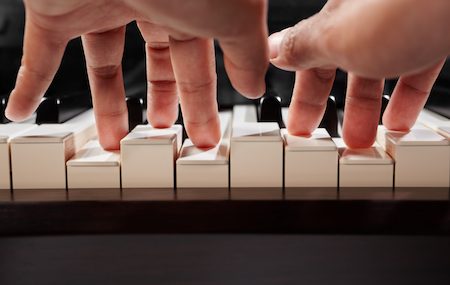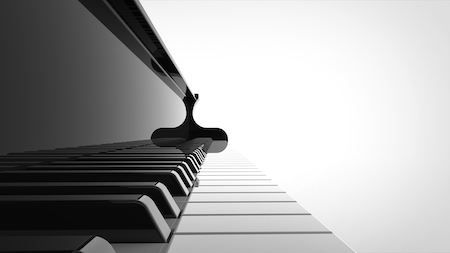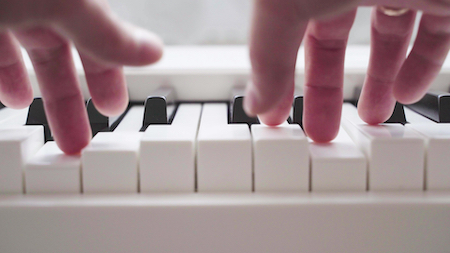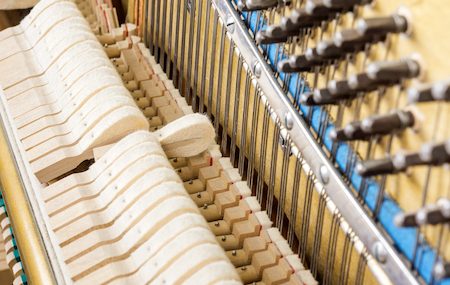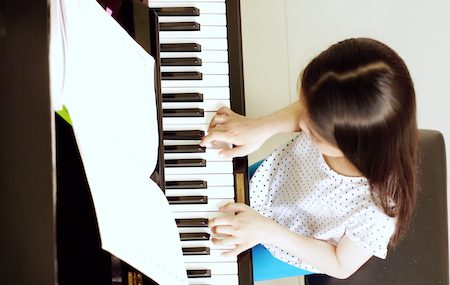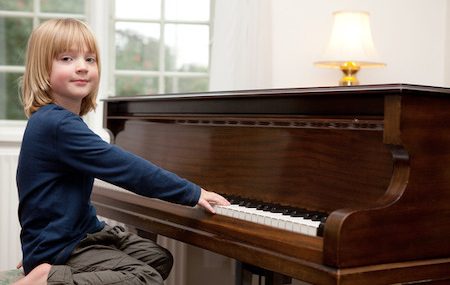When you push your kids towards extracurricular activities, it’s with the hope that they’ll gain knowledge for the future.
- Will it give them team building skills?
- Will they learn goal setting strategies?
- Will they find a career?
Studies show that when parents push their kids in sports, they have high goals for what’s possible to achieve. According to the National Collegiate Athletic Association, only a small number of high school athletes actually go on to play professionally. Yet the dream is real, with 39 percent of parents believing in the dream.
Music can provide a bigger, more achievable dream. While there is a low chance of your child ever becoming a rock star, many careers in music can lead to sustainable lifestyles.
There are classical piano jobs:
- Concert pianist
- Piano teacher or instructor
- Piano player in a band
- Church musician
- Music arrangement
- Solo performance artist
- Theater productions
- Backup band member
There are also jobs where you can incorporate your love of piano into a worthwhile skill:
- Piano technician
- Piano sales
- Composer
- Music therapist
- Early education
- Music review and creative writing
- Historian
While your child might not be the next musical prodigy, there are many different ways they can incorporate music into their lives every day, and get paid for it too.
Piano teachers can be a good side business, teaching a few students out of your home each week. Or take it further and become a university instructor, helping students take their skills to the next level.
Music therapy is also a growing field, especially piano skills, which can be used by people in every age bracket. Many studies showcase how music helps with mental illnesses, and can make strides in everything from autism to Alzheimer’s.
Want to give your child a gift that can keep on giving throughout their lives? Consider signing them up for piano lessons. While they might enjoy the relaxation that comes with it, they may also turn it into a career.
